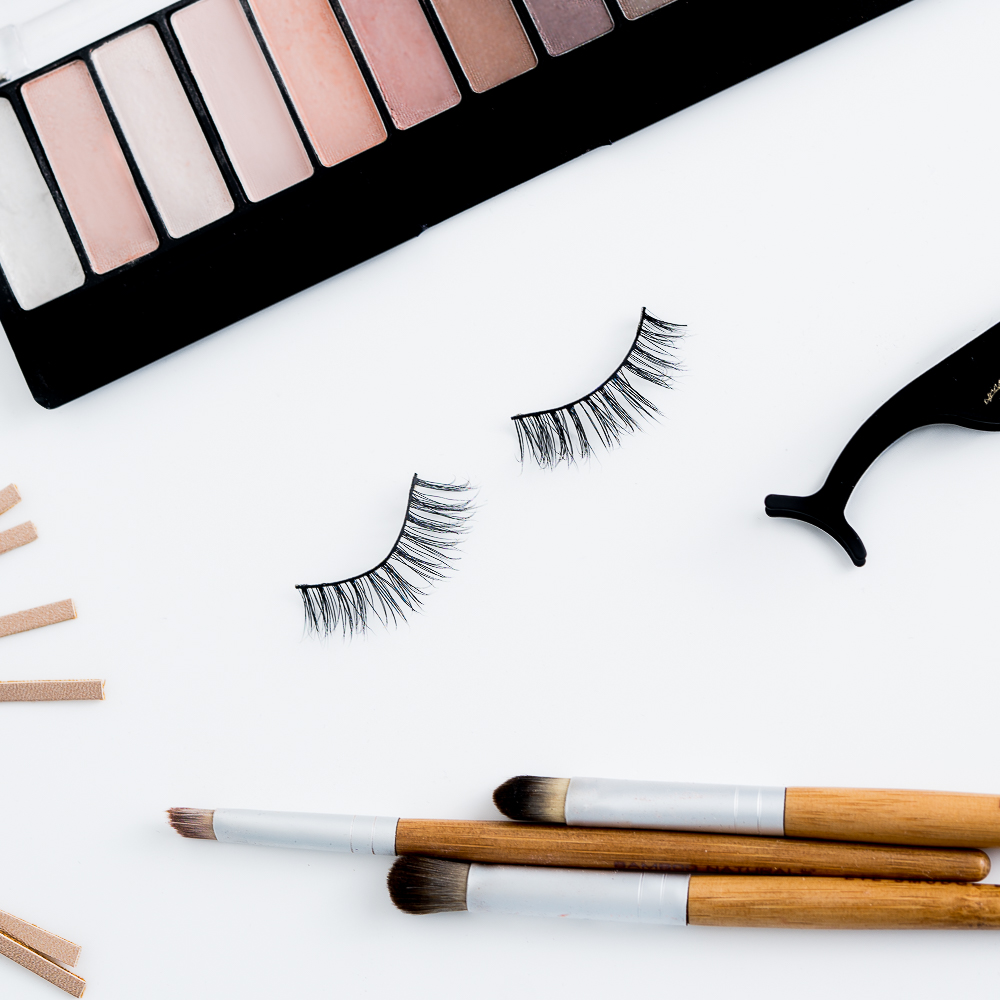From Cruelty to Compassion: Navigating the effects of Canada’s cosmetic animal testing ban
Canada has finally banned cosmetic animal testing. What does this recent legislation mean for consumers?
Canada has joined 43 other countries including Australia, the United Kingdom, India, and countries in the European Union in banning cosmetic testing on animals. Health Canada made the announcement on June 27, 2023, through the Honorable Minister of Health Jean-Yves Duclos. The Food and Drugs Act was amended with the passing of Bill C-47 Budget Implementation Act 2023, No. 1 with royal assent granted on June 22, which now paves the way for full implementation of the ban on December 22, 2023. It’s a legislative victory for the animals that represents several years of collaborative work between legislators and the cosmetics industry, after the failure of the first private member’s bill seeking the ban in 2015. The legislation, however, is not retroactive, and the ban applies only to new products coming to market.
Although the practice is decreasing and rarely used in Canada, The Humane Society estimates that more than 50 million animals die from testing annually in the United States in the name of beauty products. It is also reported by The Humane Society that rabbits, mice, guinea pigs, and rats are subjected to skin and eye irritation tests and force-fed chemicals to determine lethal dosages. Regardless of the method used, it results in the death of the animal either through asphyxiation, neck-breaking, or decapitation. This is indeed cruel and inhumane, and the practice needed to come to an end.
The list of companies reportedly still testing on animals may surprise you. Popular brands that we use daily including shampoos, eye products, face products, fragrances, and general body care are all on the list. Not to Die for Us lists 35 brands, which include alleged perpetrators such as Bath and Body Works, MAC, Estée Lauder, Aveeno, Clinique, Olay, Pantene, and Johnson & Johnson. Although many of these brands claim to be cruelty-free, they are affiliated with the manufacturing, marketing, and/or sourcing of raw materials from China. China is now slowly relaxing regulations because of international pressure, but it used to require the animal testing of all cosmetics.
Since the law is not retroactive, this means that hundreds of products that were tested on animals will still be on the shelves, and it will be up to the consumer to make the final choice. It’s impossible to remove the existing animal-tested products from the system all at once, as it will have a detrimental impact on the environment. Harmful chemicals in makeup, such as leachate, can get into water sources and harm wildlife. On top of this, product packaging and a host of other chemicals in the products take a long time to decompose, all posing great danger. Additionally, it makes little sense to retest the products just to deem them cruelty-free, as they have been on the market in some instances for decades and are already deemed safe by human use and the passage of time. The best option, as decided by Health Canada, is to move forward and discontinue the practice completely. However, manufacturers should consider retesting their existing products using new animal-free methods, have them certified as cruelty-free, and remove any ambiguity in the minds of consumers.
Cruelty aside, there are many reasons why the practice must be and can be stopped as several alternatives to animal testing have been developed. According to Biobide, zebrafish larvae for in vitro testing, human volunteers, and computer modelling can all be used. New and innovative methods are being developed, so there is no longer the need to test on animals.
We can all play a part in stopping the use of animal testing for cosmetic products. Start by purchasing cruelty-free products and reducing demand for those tested on animals, thereby forcing those companies to stop unethical manufacturing. Try using the Leaping Bunny app—it tells you safe brands that are available and helps you to engage in “compassionate” shopping, designating approved brands with the Leaping Bunny logo. The manufacturers will get the message. Many consumers are uninformed and unaware, so share the information with friends and family. You can also donate to organizations that are actively working to stop the practice worldwide. Cruelty-Free Kitty is also a great resource that identifies over 700 products deemed cruelty-free and lists 268 popular brands to avoid. The People for Ethical Treatment of Animals, or PETA, also has a searchable database that will guide you to cruelty-free companies. Information is at our fingertips and there is no reason why we should let the practice of animal testing continue.
Let’s join Health Canada and impose a personal ban on all animal-tested products, not only on cosmetics but on all items we purchase for daily use, such as soap and household cleaners in our homes.

